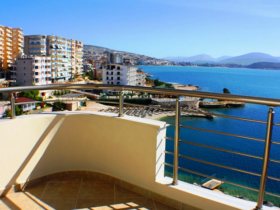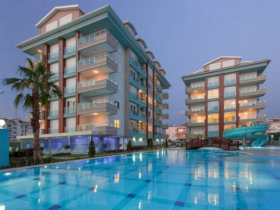From here it becomes clear that there can be no unambiguous dependence of frost resistance on strength, or on deformity, or on the porosity of the material. Only a joint consideration of the influence of these parameters will allow to obtain, the calculated value of the frost resistance of the material.
At the fourth level of complexity of the structure, the tense state of structures acquires particular importance. Back in 1890. N. TO. Lakhtin wrote: “”…The weathering of the stone should be strongly dependent on the stresses caused in stone by mechanical figures. Therefore, laboratory experiments are limited mainly by unilateral study of the weathering of stones without the participation of mechanical figures, cannot give a complete idea of the destroyed stones under the aggregate action of all the reasons that determine the destruction of the stone in construction practice ”.
In a series of experiments performed with the participation of a. WITH. Baklanova ,, c. G. Kalinin and c. I. Phangan, data was obtained confirming the effect of the stress state of compression on the frost resistance of concrete. The tests were carried out on concrete samples of the next composition per 1 m3: Portland cement -400 kg,. sand -552 kg, crushed stone – 1340 kg, water – 155 l (in/d = 0.39).








